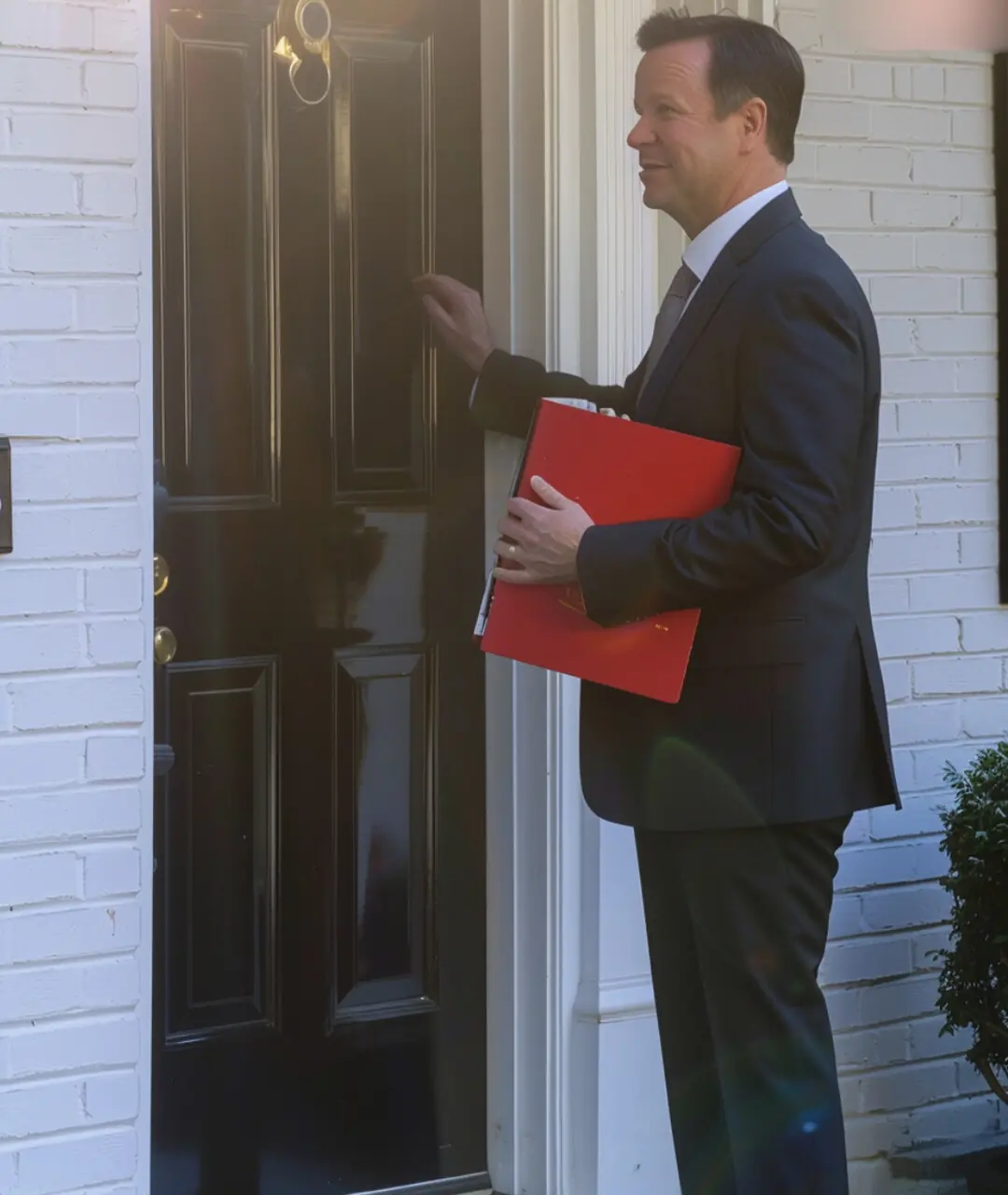
Businessman Loses All Hope After His Diagnosis, but One Hospital Encounter Changes Everything
When a workaholic businessman received devastating news about his health, he expected his world to fall apart. What he didn’t expect was that a spirited young boy named Eli would enter his life and teach him what truly matters—kindness, connection, and love.
David Carter, 50, was a man consumed by work. As CEO of a booming tech firm, every minute of his day was scheduled. Even during lunch, he’d barely chew before answering calls or attending meetings. The world saw him as successful—but those close to him, including his assistant Jake, saw something else: a man burdened by bitterness and isolation.
One afternoon, Jake entered David's office quietly, holding a notepad.
“Mr. Carter,” he said, after calling his name several times.
David didn’t look up. Irritated, he slammed his hand on the desk. “What?!”
Jake remained calm. “You asked me to let you know if your ex-wife called.”
David groaned. “What does Melissa want this time?”
Jake read her voicemail word for word. “You pompous jerk, I will never forgive you for wasting years of my life. If you don’t give me back my painting, I’ll smash your car.”
David rolled his eyes. “Two years divorced and she’s still obsessed with that stupid painting.” He exhaled sharply. “Tell her I threw it out!”
Jake nodded and quickly exited before another pen got hurled his way.
Seconds later, David’s phone rang. The number was unfamiliar.
“Mr. Carter? This is Memorial Hospital. Your test results are in. The doctor needs to speak with you in person.”
“Just tell me now. I’m busy.”
“I’m sorry, sir. You’ll need to come in.”
David sighed. Something about the tone of the voice made his stomach tighten.
At the doctor’s office the next day, David sat silently, the ticking clock amplifying his anxiety. The doctor entered with a grave look.
After a few medical terms David barely grasped, the doctor finally said it: “It’s cancer.”
David leaned back in disbelief. “Is this a joke? I can’t just stop working.”
“Your life is at risk,” the doctor said gently. “You need to start treatment immediately.”
David stared at the floor. For once in his life, he had no plan, no backup. Just fear.
The hospital became David’s new office, except he couldn’t work like before. The treatments drained him, both physically and mentally. He tried to keep his laptop open, but his vision blurred from the nausea.
Then, something unexpected happened.
As David walked past the pediatric ward one day, he saw a nurse tossing a ball with a little boy—around eight years old, laughing, full of life despite the IV strapped to his tiny arm. The ball rolled to David’s feet.
“Excuse me, sir! Can you toss it back?” the boy asked cheerfully.
David didn’t smile. He picked up the ball and flung it hard down the hallway, then walked away without a word.
“That was mean!” the boy shouted after him.
Later, during a grueling chemo session, David heard a familiar voice. He opened his eyes slowly.
“Hey, it’s you!” the boy said. “I’m Eli. You’re the grumpy guy.”
David groaned. “Go away, kid.”
Eli didn’t budge. “I brought you something. Peppermint. Helps with nausea. Works for me.”
David looked at the candy, hesitated, then took it. “You’re persistent,” he muttered.
Eli grinned. “My mom says I’m a superhero. Do you have any superpowers?”
David managed a weak chuckle. “Not anymore.”
“Maybe I’ll lend you one of mine,” Eli said.
From that moment, something shifted.
Eli began visiting David every day. He brought little gifts—drawings, more candies, even jokes written on napkins. The boy was a burst of light in David’s bleak world.
At first, David found it annoying. Then, oddly comforting. Eli distracted him from the pain, made him laugh, reminded him that he was still human.
They watched sunsets together, made fun of the food, and once even raced wheelchairs down a quiet hallway. The nurses scolded them with half-hidden smiles.
One evening, Eli admitted, “I want to buy my mom flowers, but I don’t have any money.”
David handed him a folded bill. “Here. Go spoil her.”
The next day, a nurse delivered a paper bag to David’s room. Inside were ten peppermints—a thank-you from Eli.
A few days later, David walked to Eli’s room, hoping to return the gesture. But instead of laughter, he found Eli’s mom, Rachel, crying in the hallway.
“They said it’s terminal,” she whispered. “There’s nothing more they can do.”
David’s heart sank. “But… he was smiling. Playing. He seemed okay.”
Rachel nodded, wiping her tears. “He was strong—for you. He wanted to be your superhero.”
When Eli passed away quietly that night, David sat alone in his room, holding the peppermint bag. Grief poured out of him like a flood. For the first time in years, he cried—not for himself, but for a little boy who taught him how to feel again.
In the weeks that followed, David was declared cancer-free. But the victory felt hollow without Eli.
So, he made a vow.
David used his resources to start The Eli Foundation, supporting children with terminal illnesses and helping struggling families. He visited hospitals, spoke to parents, and became a quiet force of kindness in the very halls that once made him feel helpless.
He also stayed in touch with Rachel, supporting her financially and emotionally. “Eli made me a better man,” he once told her. “This is the least I can do.”
One afternoon, he returned to Melissa’s house, painting in hand. She opened the door, stunned.
“I’m not here to argue,” David said, offering it to her.
“What’s this supposed to mean?” she asked.
David smiled gently. “It means I’m keeping my superpowers.”
And with that, he turned and walked away—lighter than he had felt in years.
News in the same category

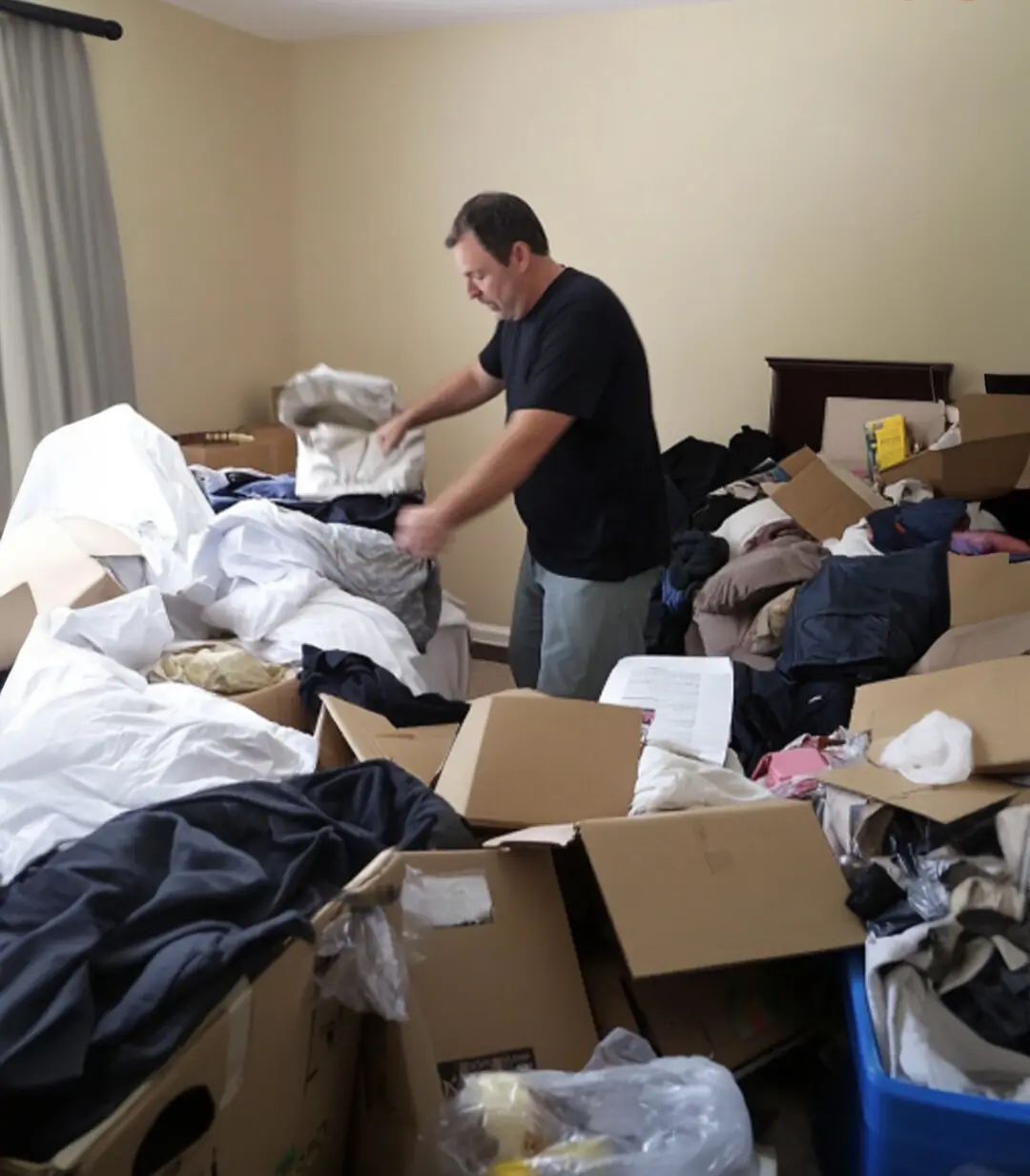
My Husband Asked for a Divorce Right After Learning About His Rich Father's Inheritance
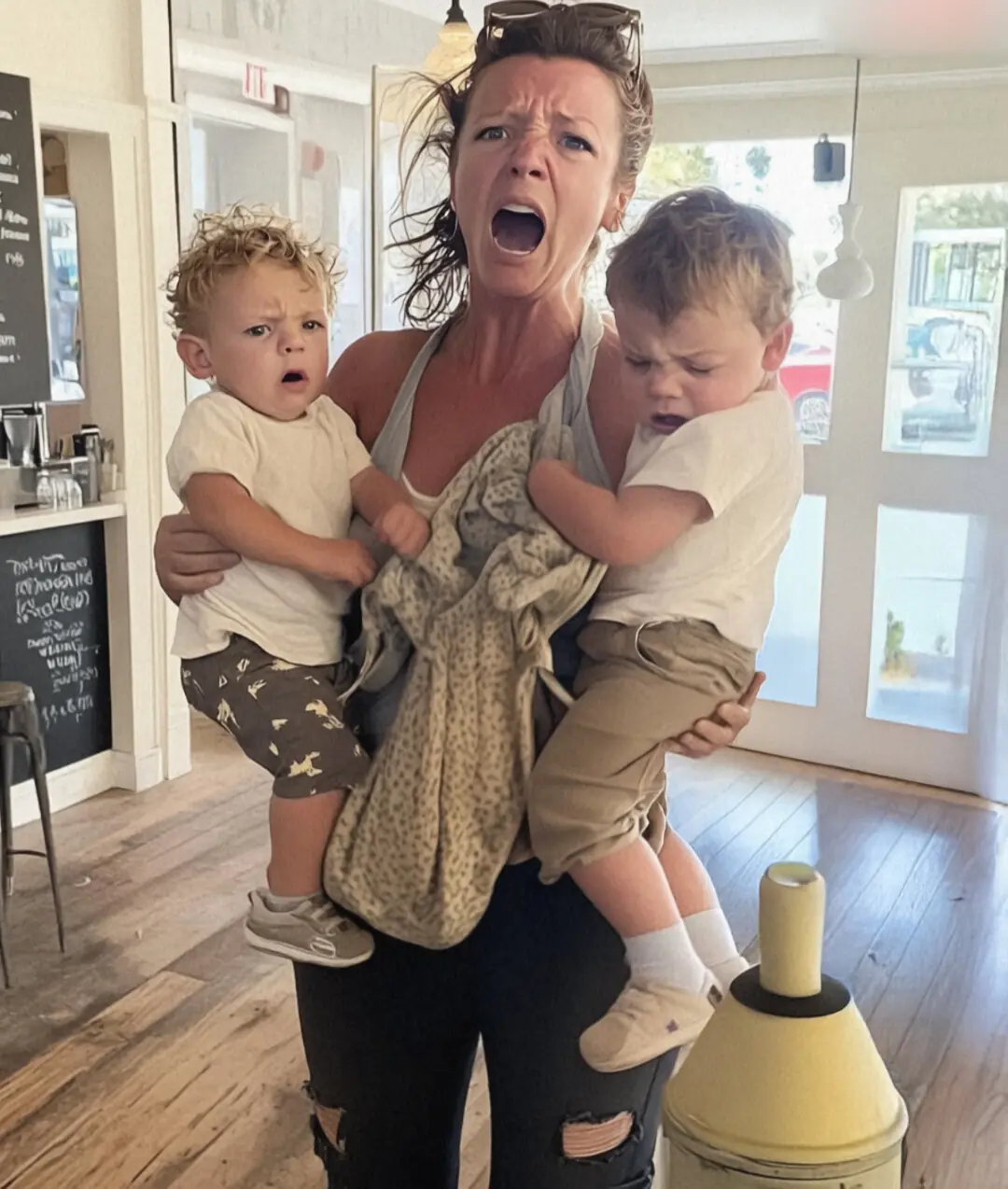
Entitled Mom Claimed My Seat at the Cafe — Her Face Turned Red after I Taught Her a Lesson
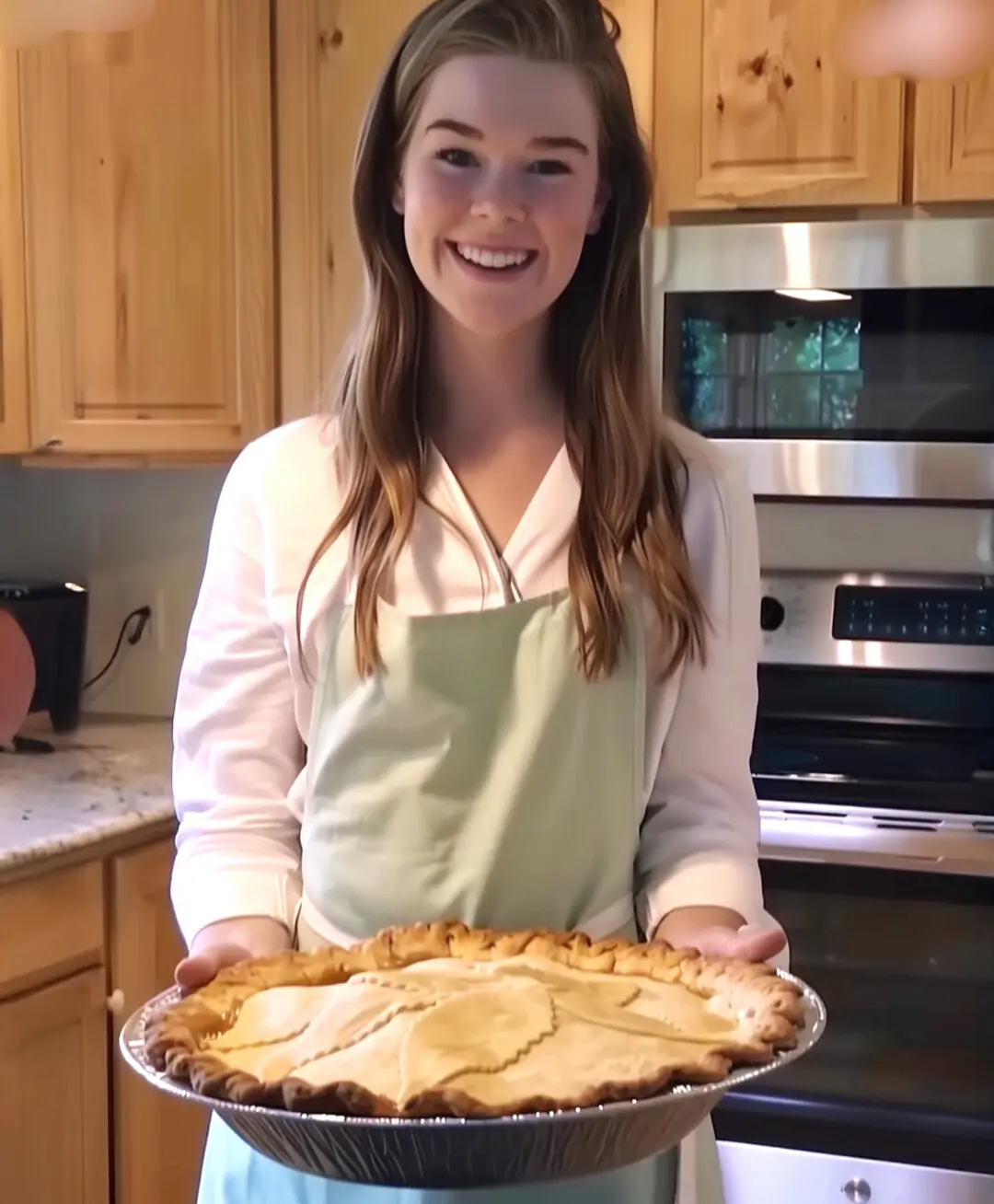
My Fiancé Told Me His Grandma Wanted to Meet Me Before the Wedding – As I Arrived, a Nurse Pulled Me Aside and Said, 'Don't Believe a Word'
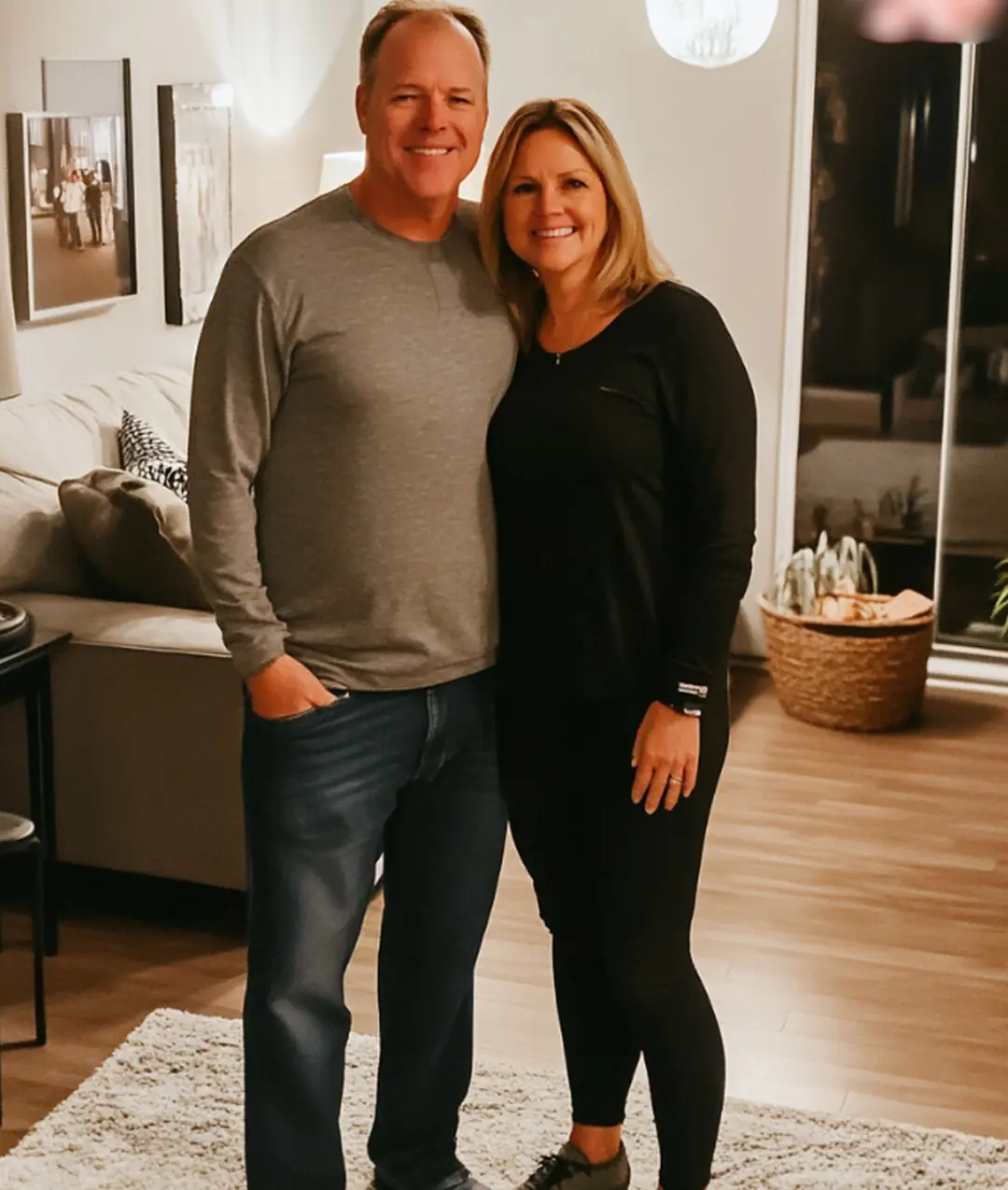
I Built My Dream Home With My Husband of 22 Years — Then He Put It in His Mistress's Name!
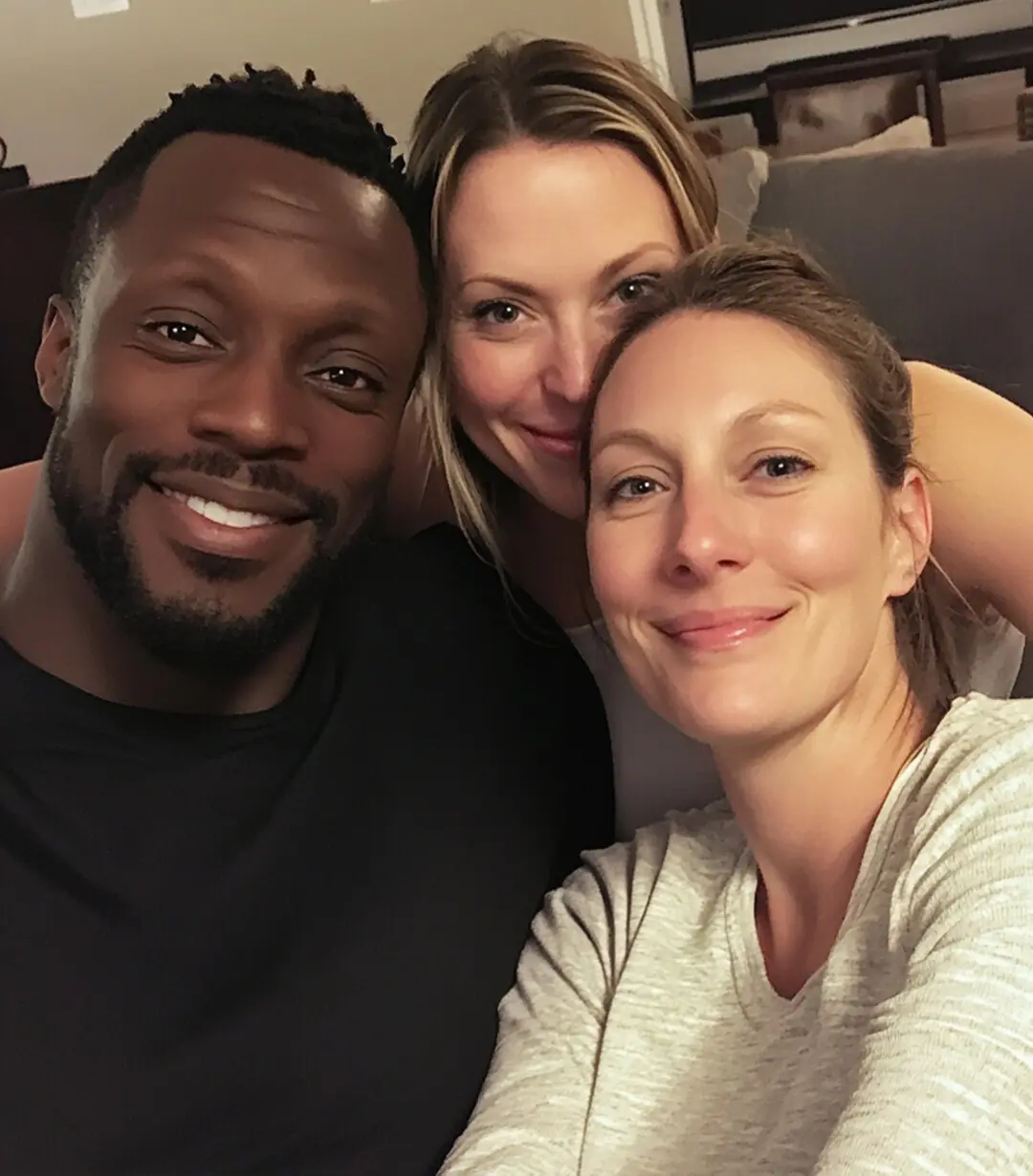
'I Told You a Hundred Times Not to Do That!' My Husband's Accidental Words to My Friend, Whom I Thought He Had Never Met Before
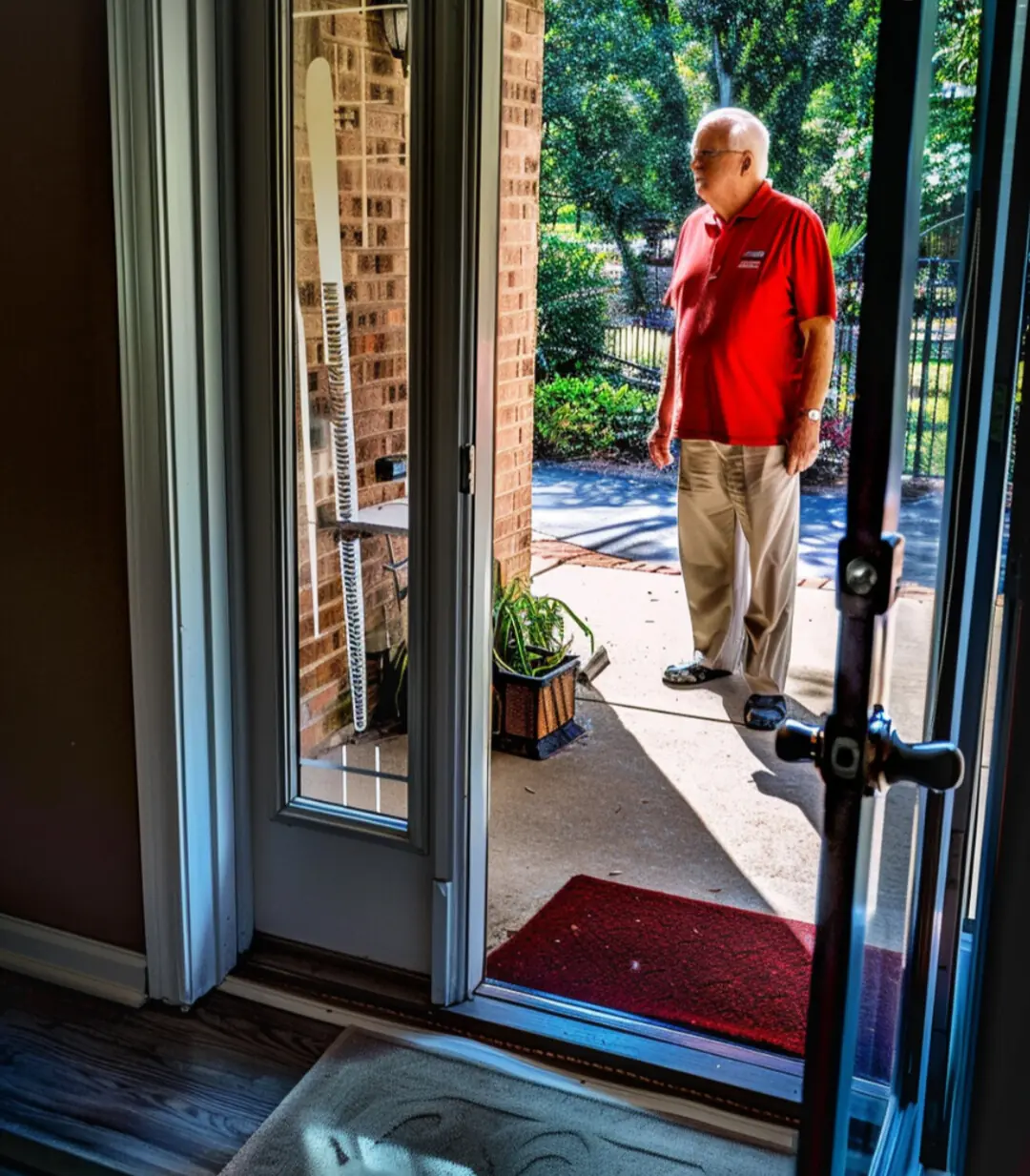
We Rented a House From an Elderly Woman—And Found Letters in the Walls from the Man She Lost
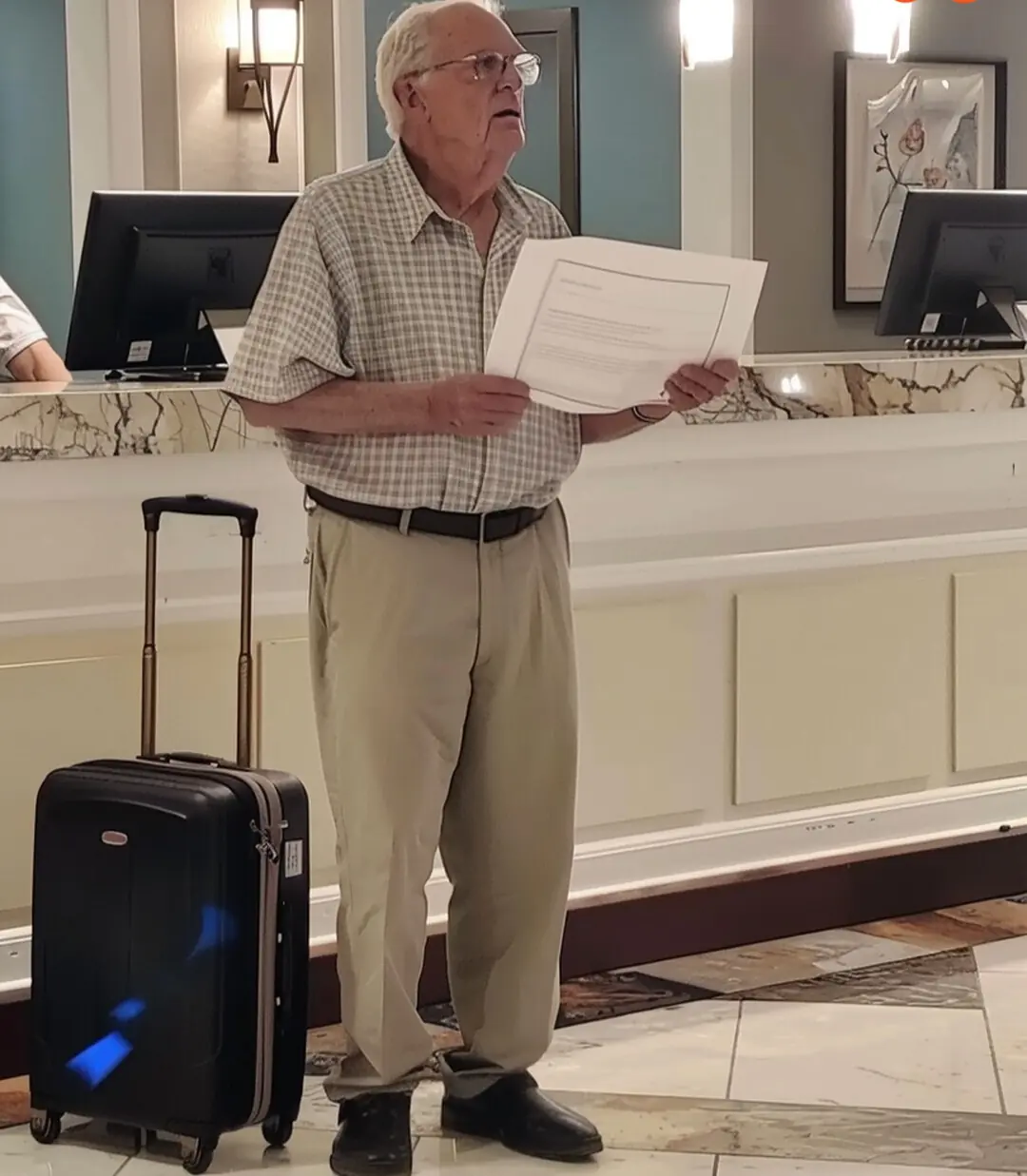
My Family Left Grandpa at the Hotel to Avoid Paying — They Didn't Realize I Was the Wrong Grandson to Mess With
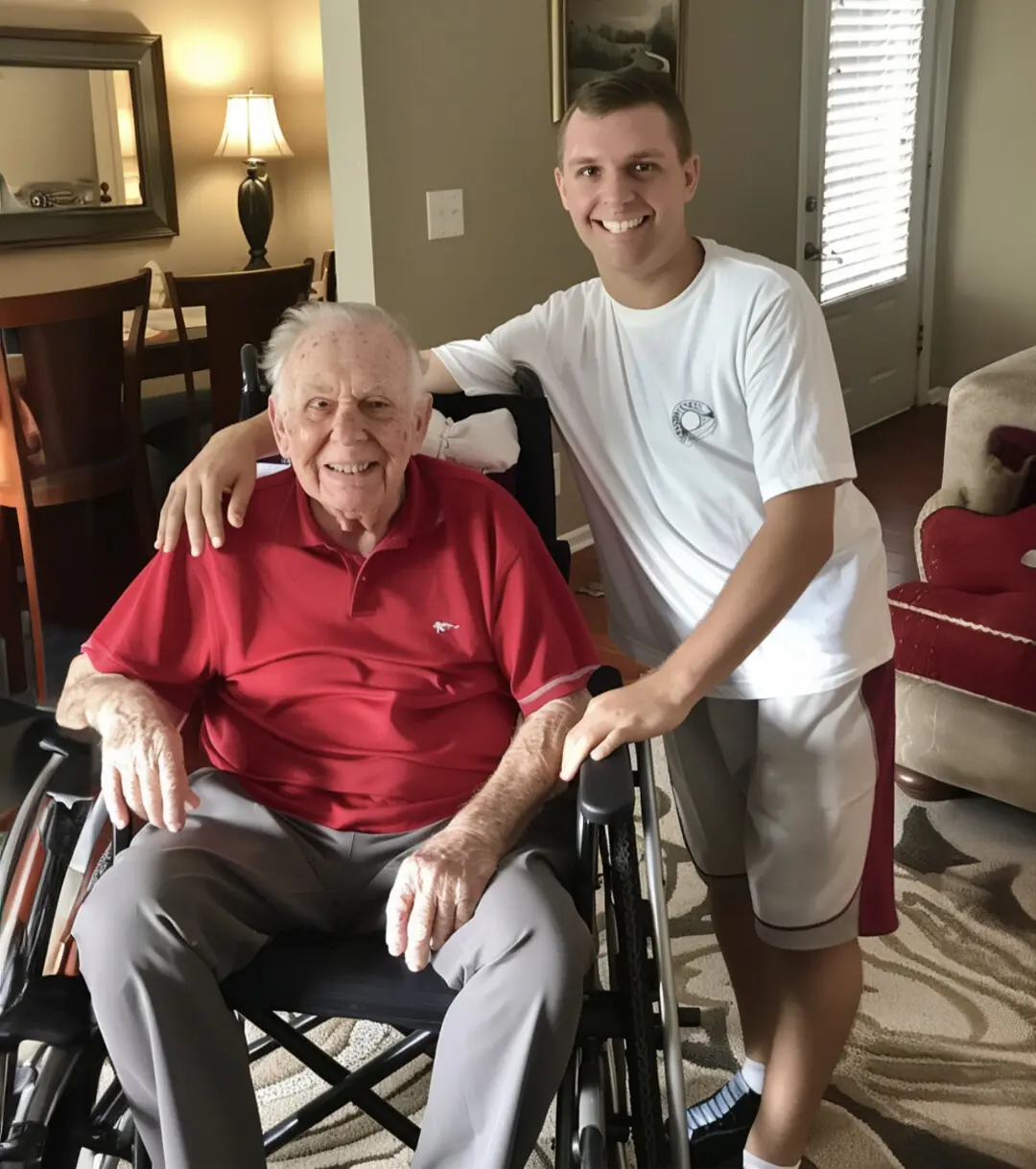
My Friend's Grandpa Gave Us Points for Every Visit & Included Me in His Will, While His Entitled Sons Expected a Fortune
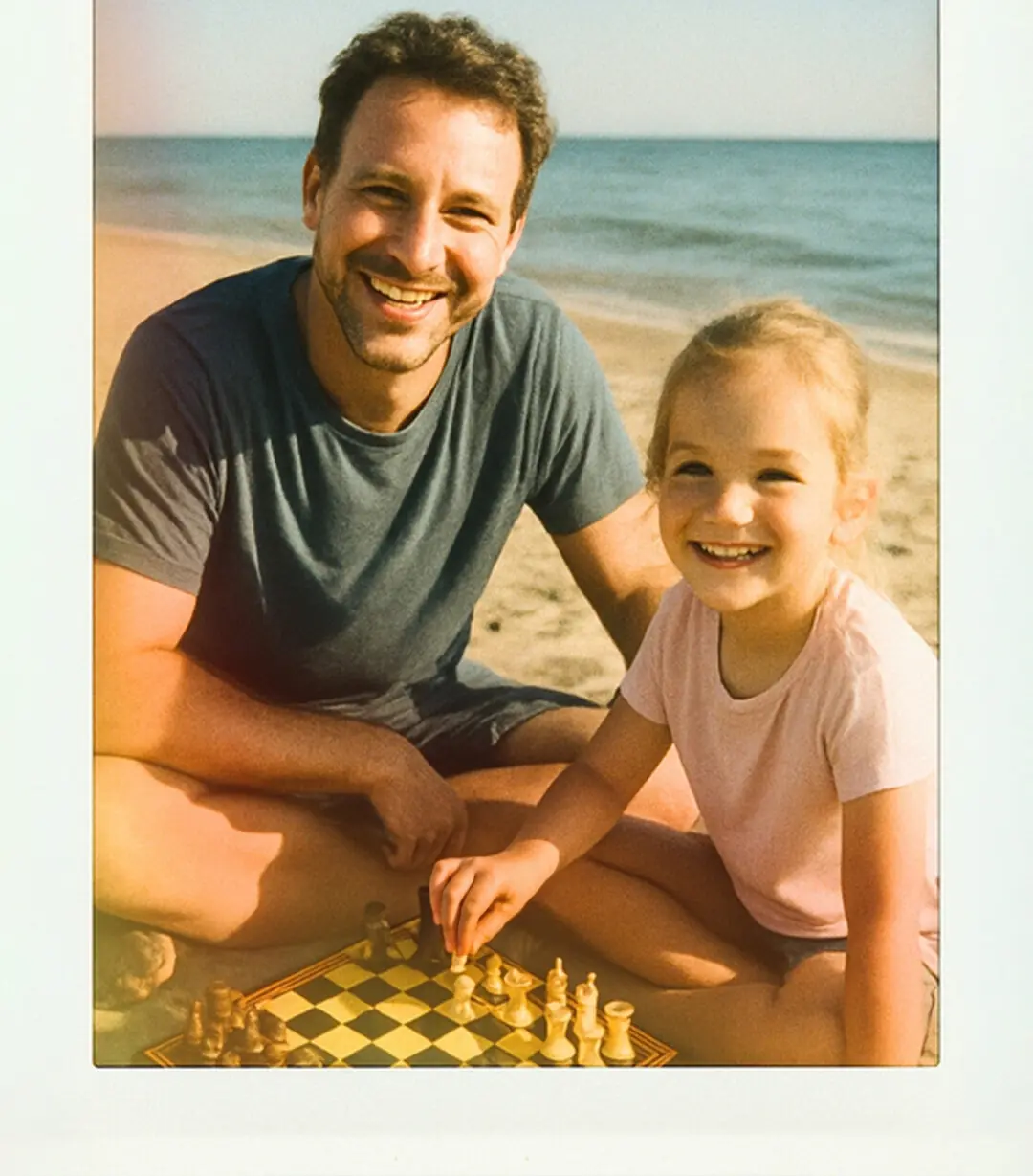
My Sister Inherited Everything, While My Father Left Me Only a Chessboard, But the Secret It Held Shocked Our Entire Family
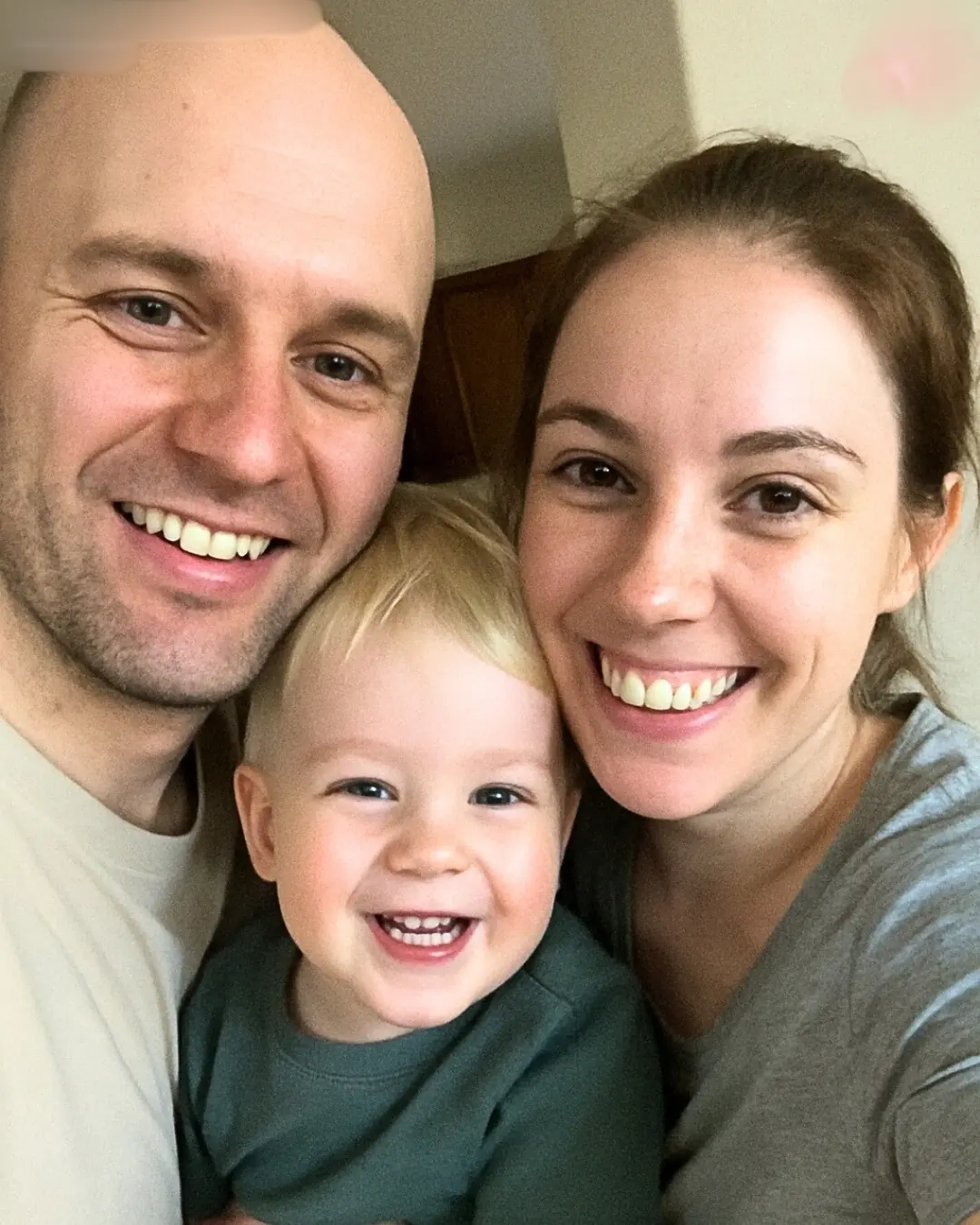
I Heard Our Baby Crying While I Was in the Shower & My Wife Was Watching TV – When I Entered His Room, I Screamed in Shock
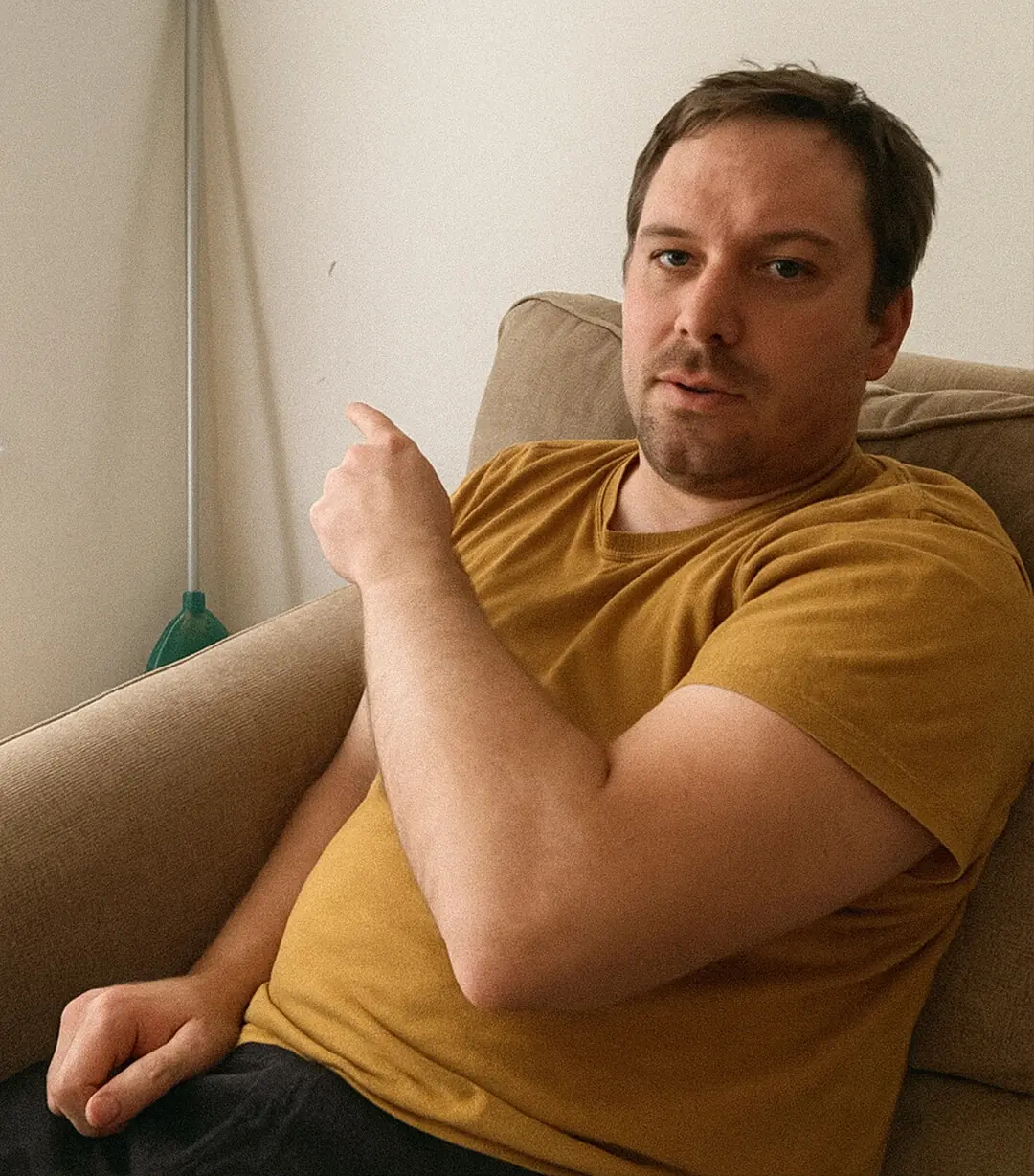
My Husband Refused to Replace Our Broken Vacuum and Said I Should Sweep Since I'm 'Just on Maternity Leave' — So I Taught Him a Lesson He'll Never Forget
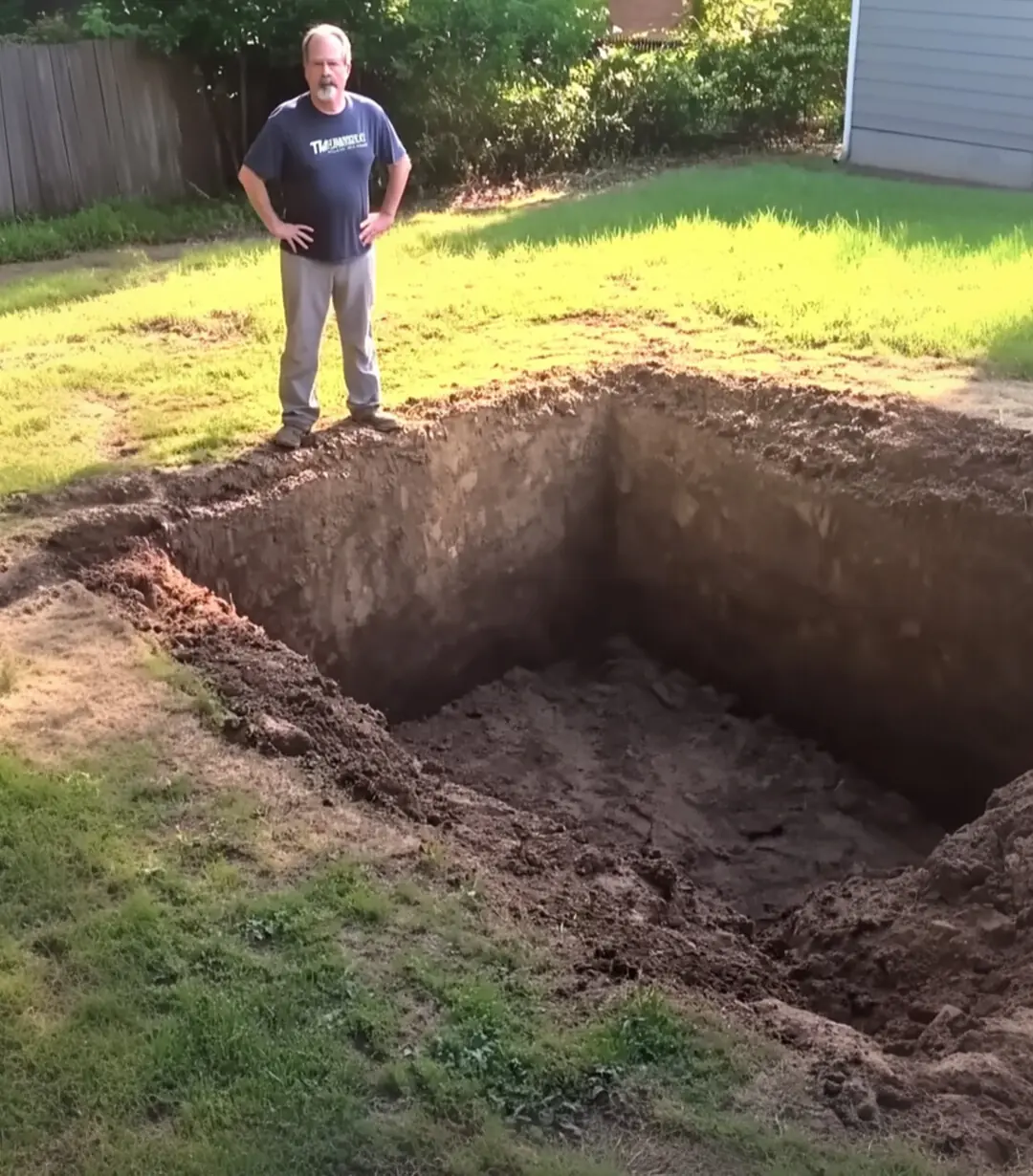
My FIL Got Rid of My Beloved Flower Garden & Dug a Pool for Himself without Permission – But Karma Hit Him Back Harshly
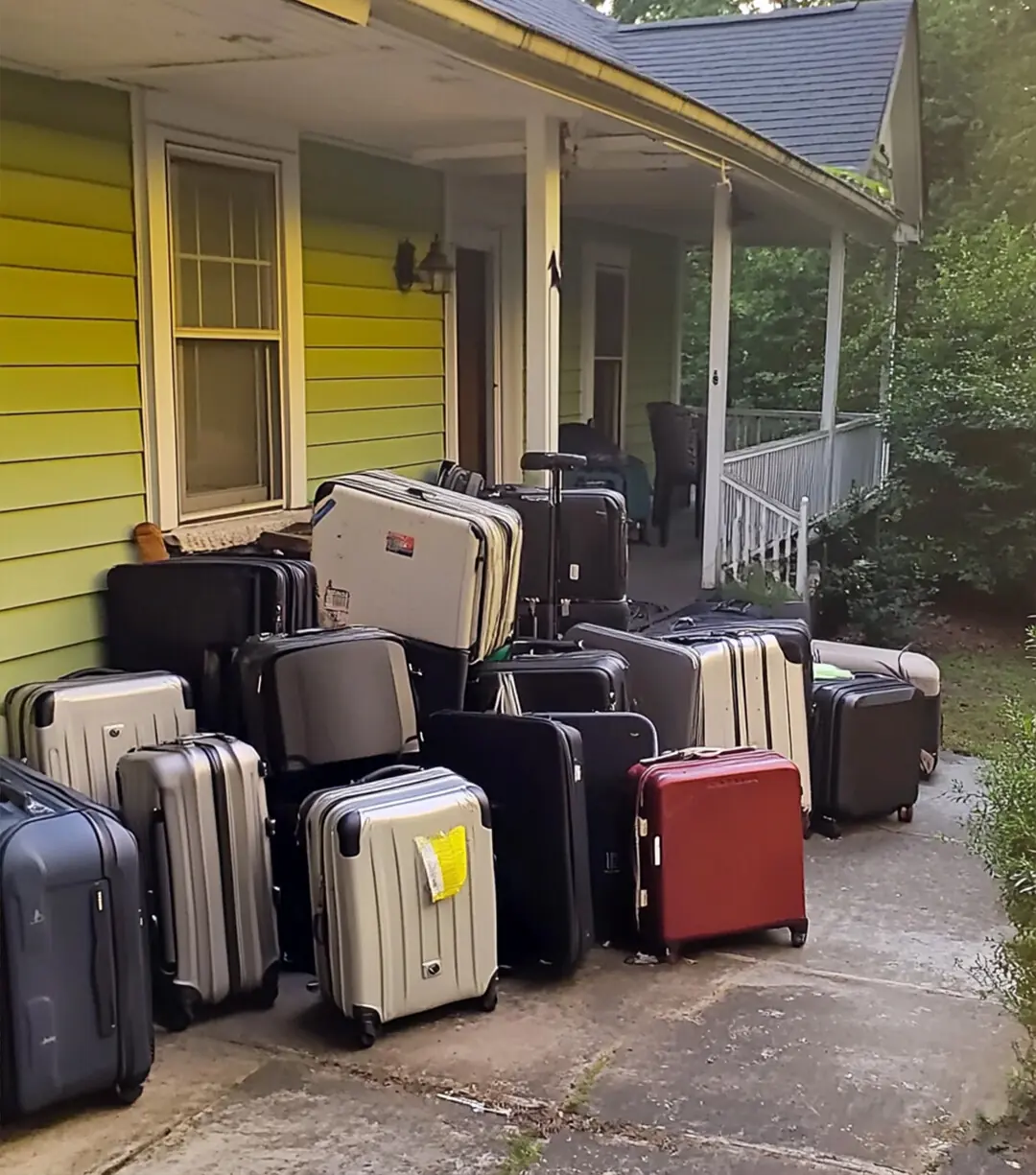
I Came Home to Find My Kids Outside with Packed Bags — It Was the Hardest Day of My Life
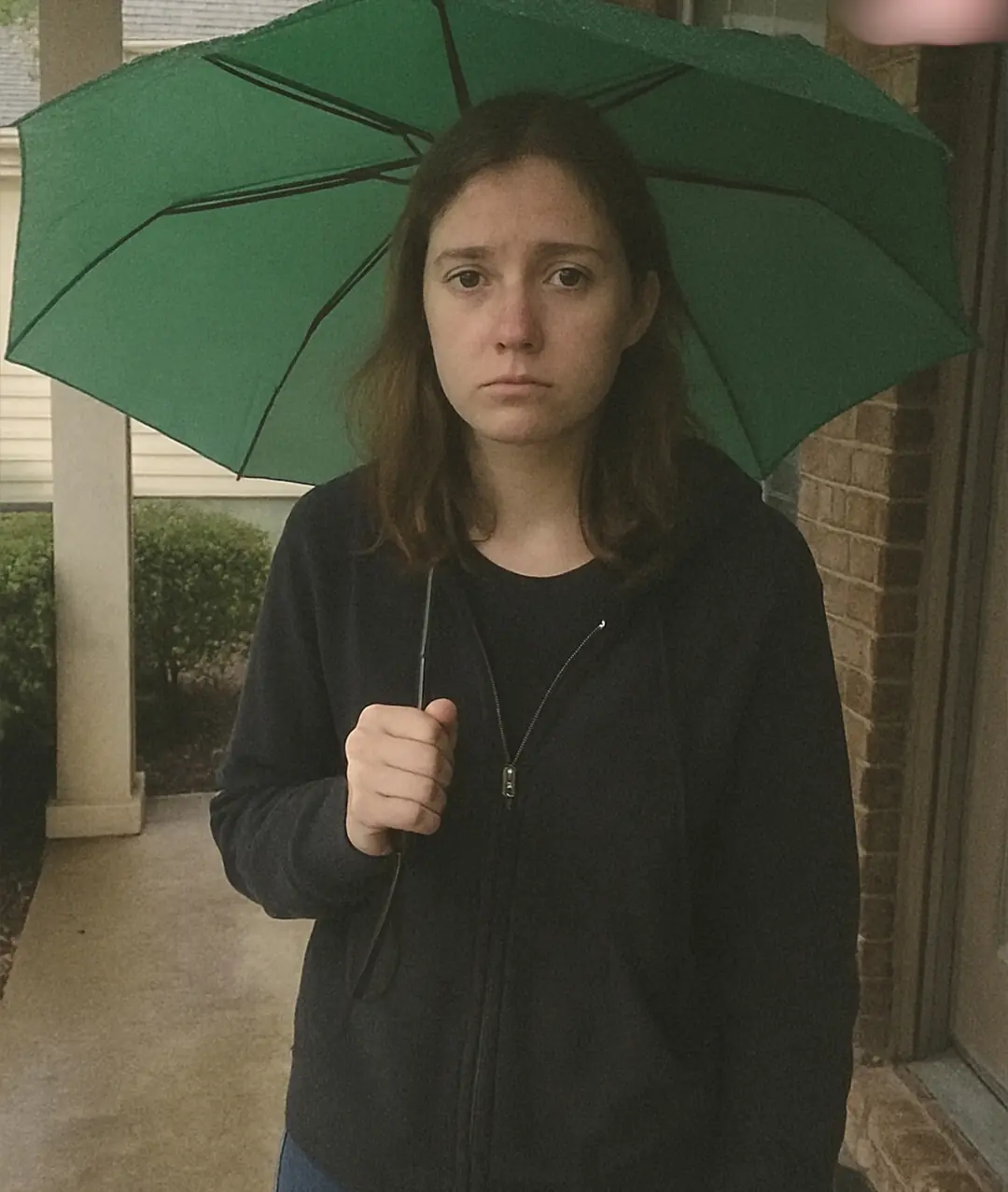
Greedy Brothers Mock Younger Sister Because She Only Inherited an Old Umbrella
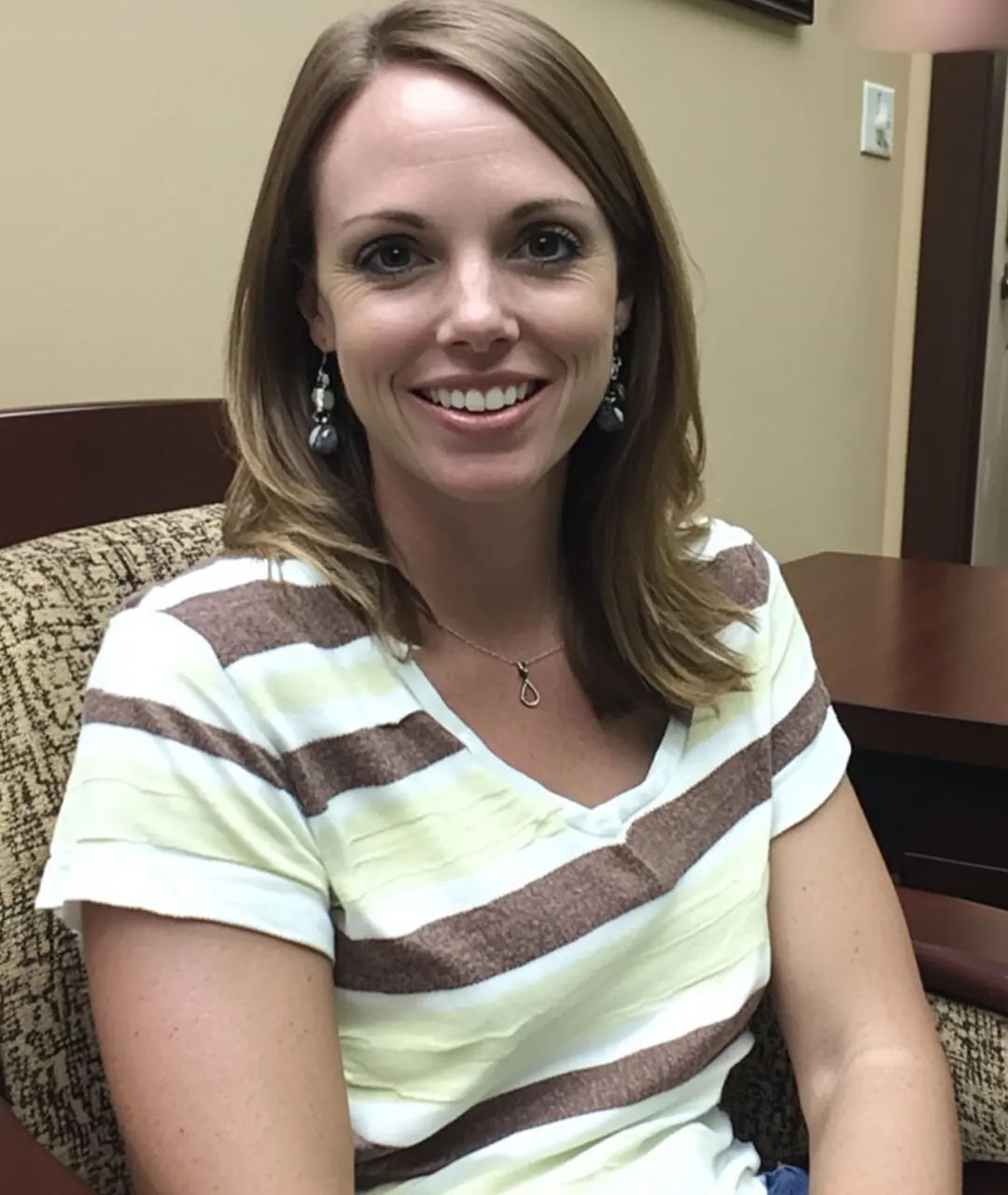
My MIL Left Me Everything Instead of Her Own Children, But My Inheritance Came With a Trap
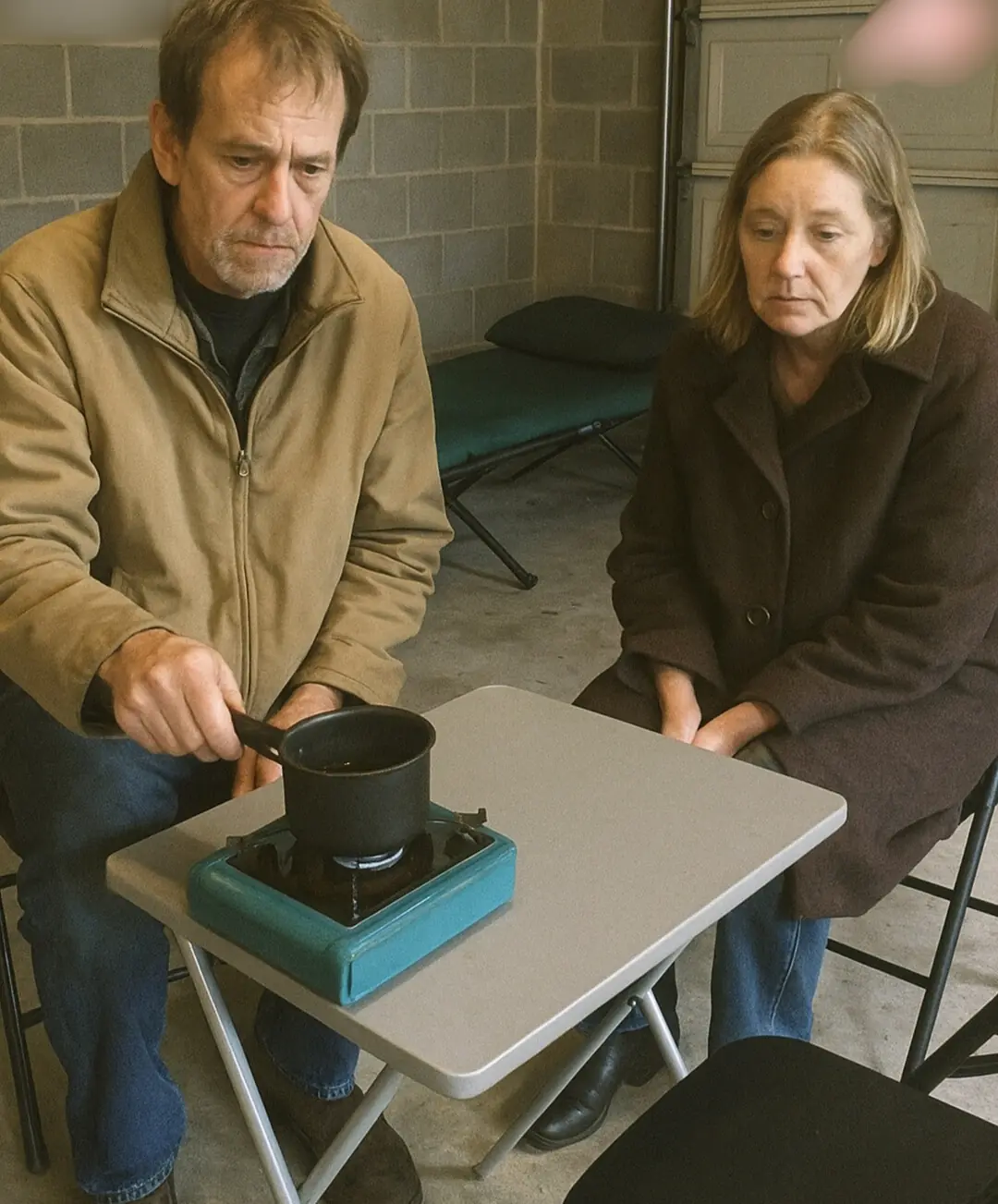
I Showed Up at My Parents' for Easter Only to Find Out My Older Sister Kicked Them Out and Made Them Live in Their Own Garage – It Was Her Biggest Mistake
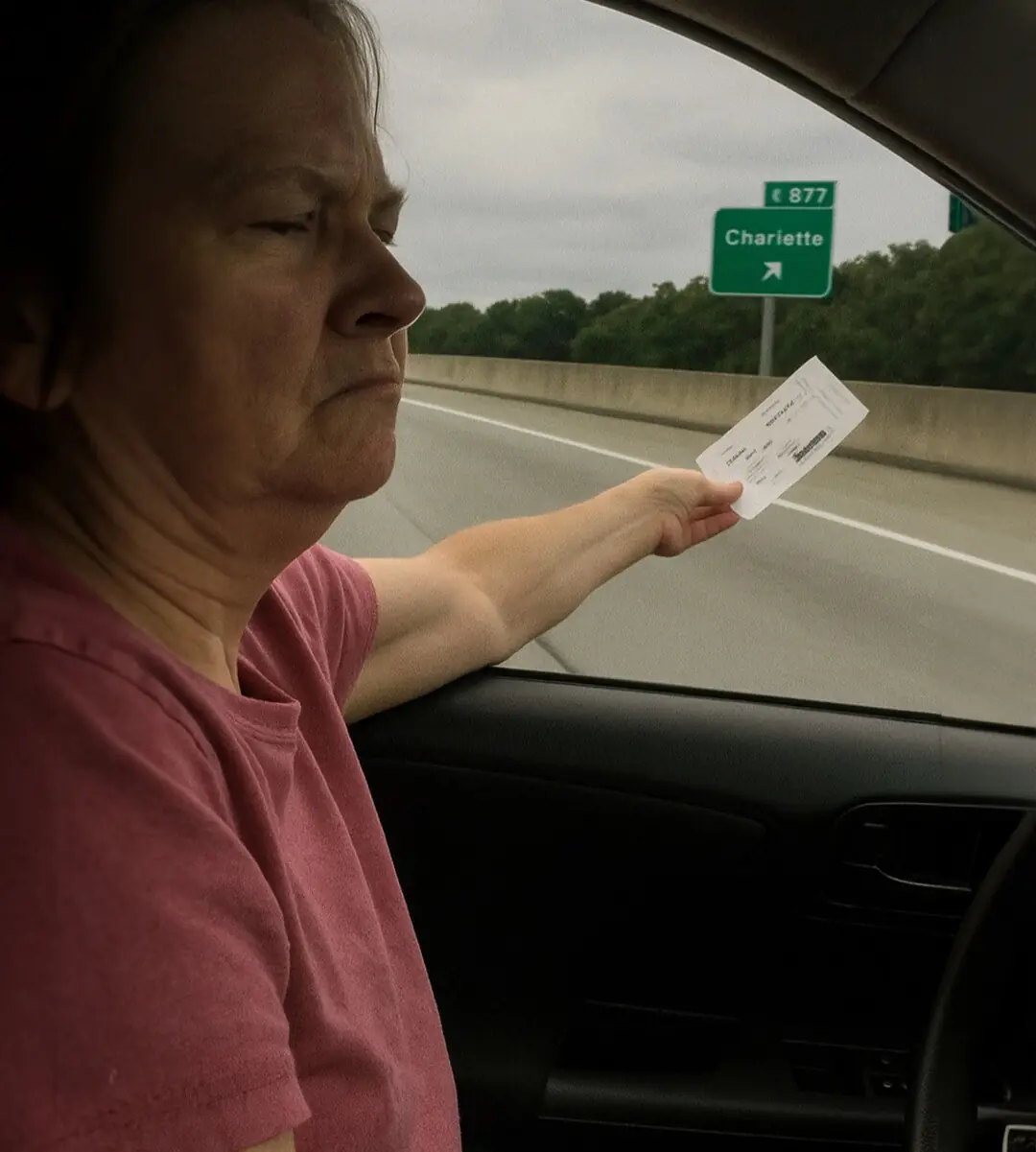
My MIL 'Accidentally' Dropped My Daughter's Vacation Ticket Out the Window—But Karma Didn't Need My Help
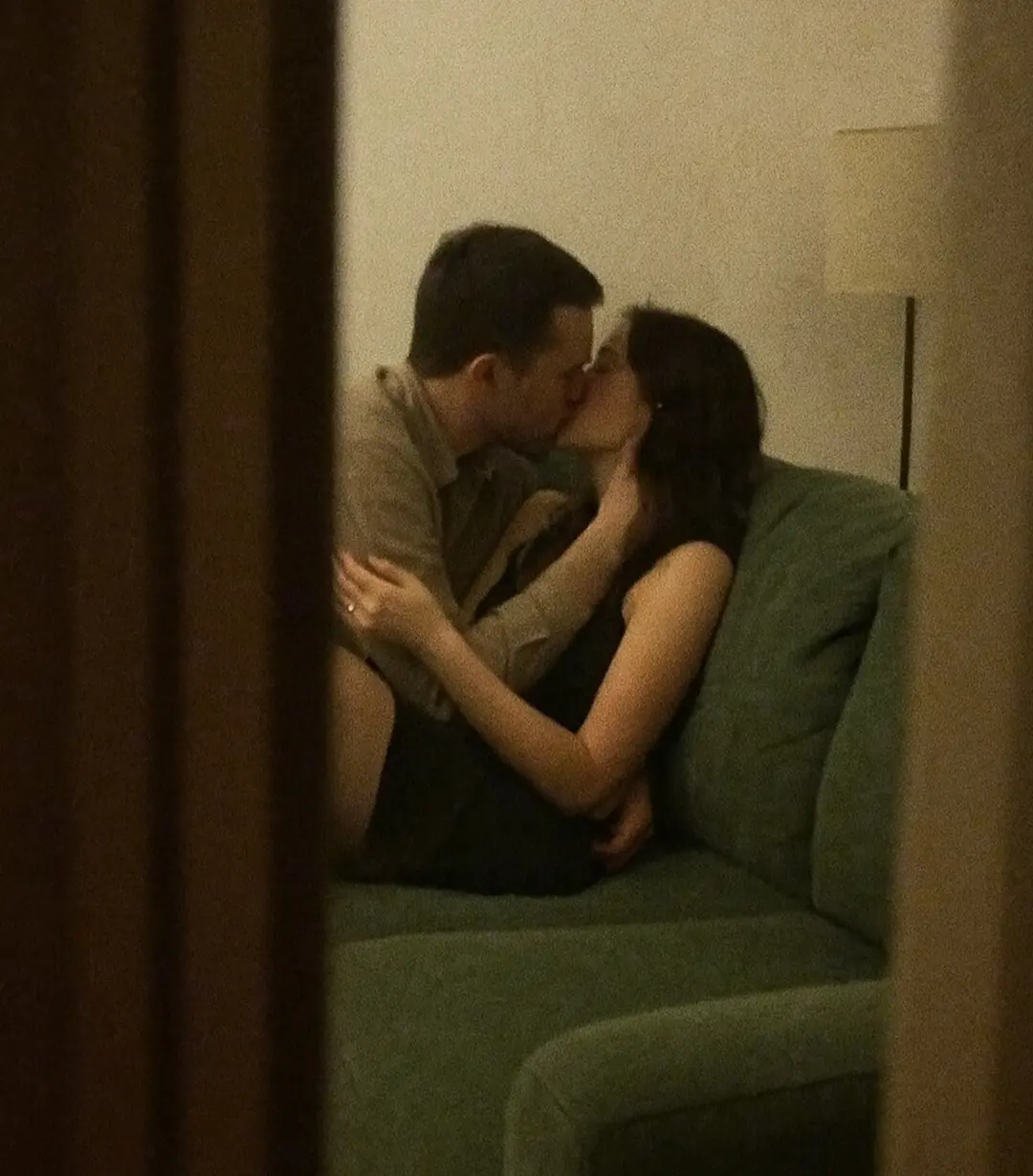
While My Friend Was on a Trip, I Discovered Her Husband Was Cheating and Plotting to Steal Her House, but She Turned on Me Instead
News Post

Pulsatile Tinnitus: Why You Hear Your Heartbeat While Lying Down
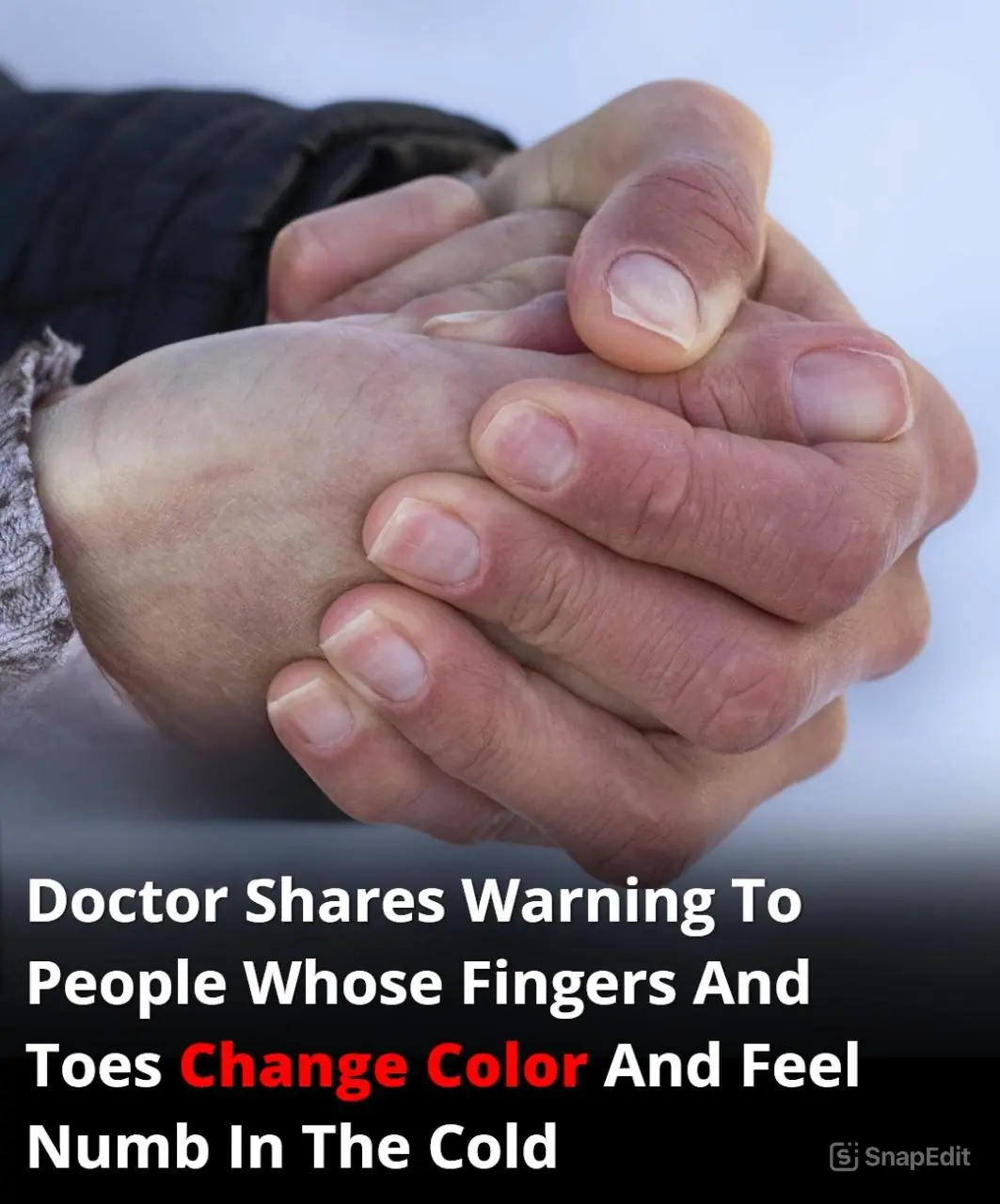
Doctor's Warning To People Whose Fingers And Toes Change Color And Feel Numb In The Cold

Red Spots on Skin: 13 Common Causes

Vaping vs. Smoking: New Study Says Vapes May Be More Harmful

My Husband's 'Business Partner' Showed Up at Our Door and Mistook Me for the Cleaning Lady — I Decided to Play Along

My Husband Asked for a Divorce Right After Learning About His Rich Father's Inheritance

Entitled Mom Claimed My Seat at the Cafe — Her Face Turned Red after I Taught Her a Lesson

My Fiancé Told Me His Grandma Wanted to Meet Me Before the Wedding – As I Arrived, a Nurse Pulled Me Aside and Said, 'Don't Believe a Word'

The Healthy Benefits Behind Grapeseed Extract: A Comprehensive Guide

I Built My Dream Home With My Husband of 22 Years — Then He Put It in His Mistress's Name!
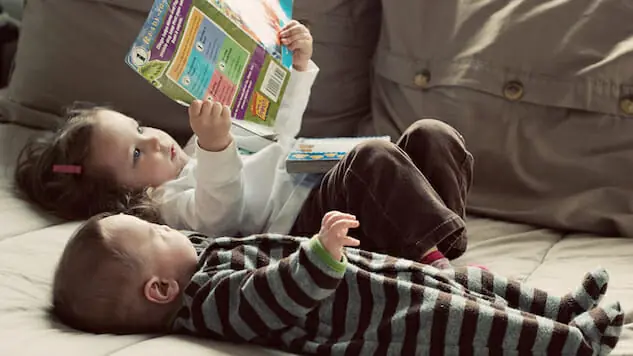
Study Explains How the First Born Child Is Often the Most Intelligent
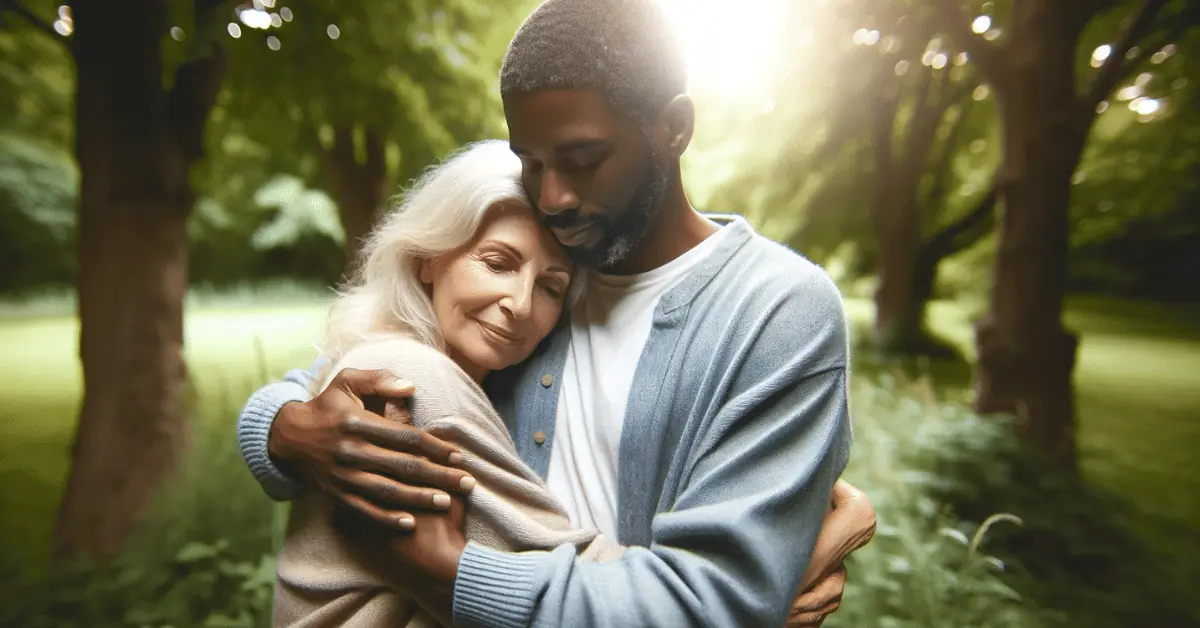
What 20 Seconds of Hugging Can Do for You
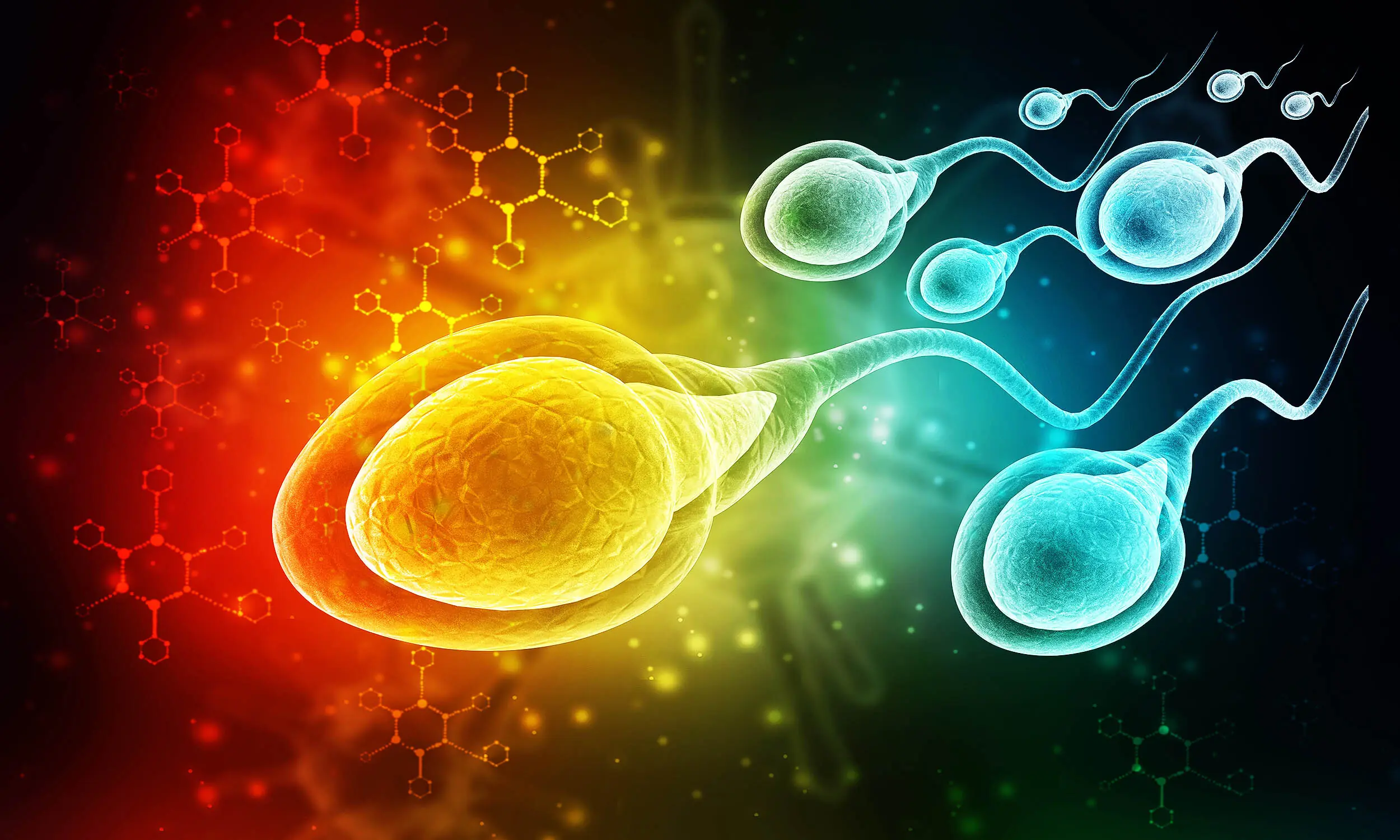
New Study Found Microplastics In Every Single Human Semen Sample

Unlock the Health Benefits of the Castor Bean Plant: A Natural Remedy for Wellness

'I Told You a Hundred Times Not to Do That!' My Husband's Accidental Words to My Friend, Whom I Thought He Had Never Met Before

We Rented a House From an Elderly Woman—And Found Letters in the Walls from the Man She Lost

My Family Left Grandpa at the Hotel to Avoid Paying — They Didn't Realize I Was the Wrong Grandson to Mess With
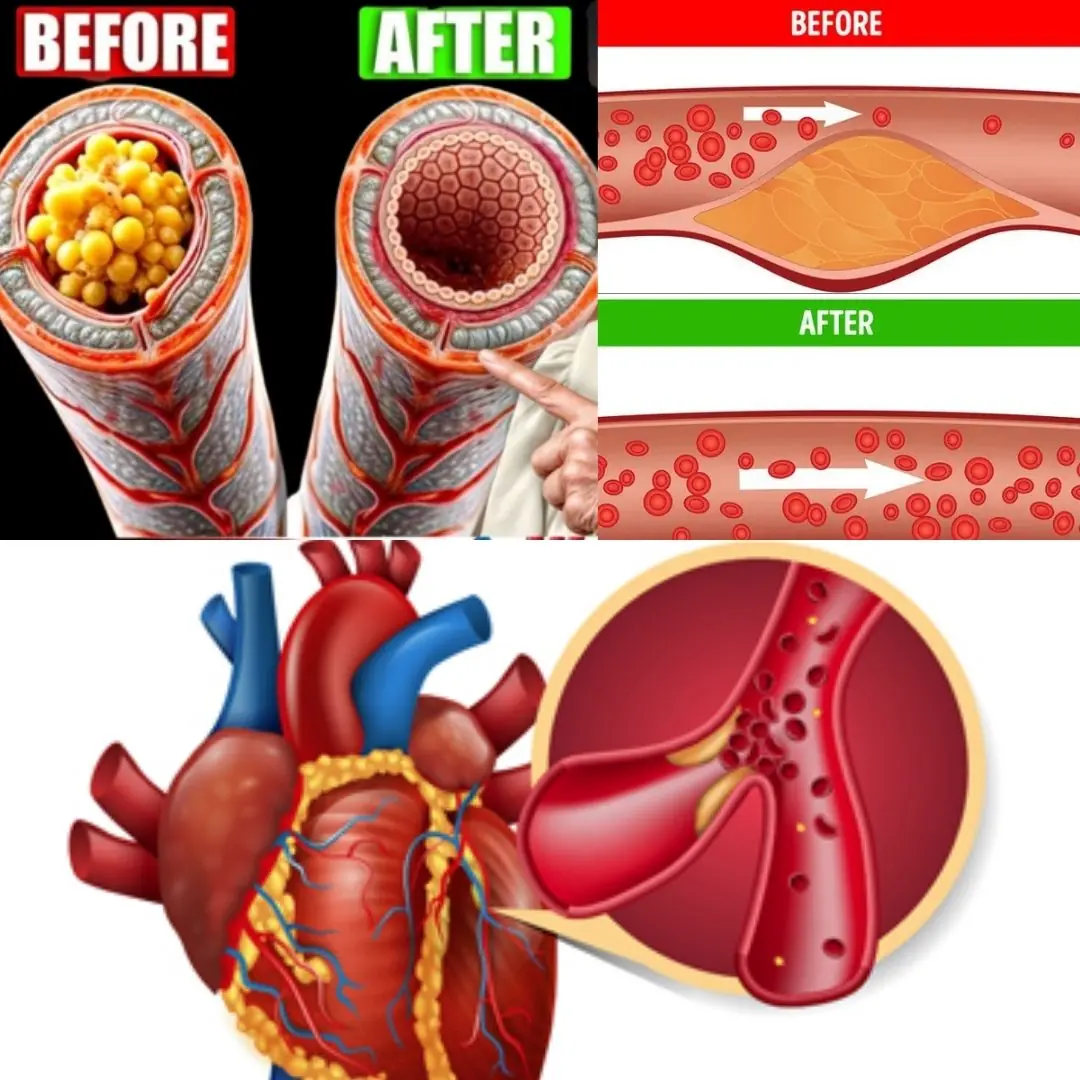
10 Vegetables That Are Good for Your Heart
